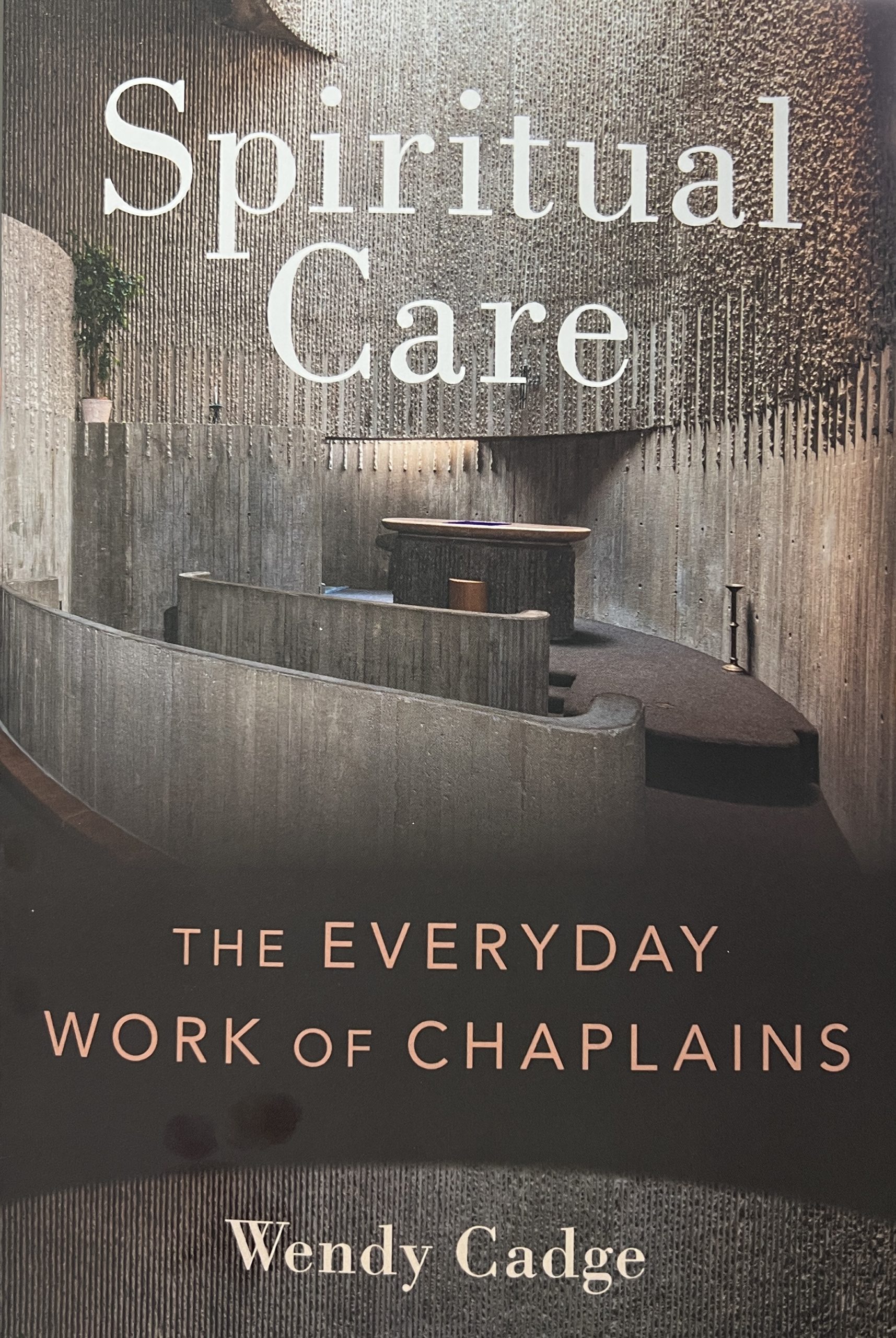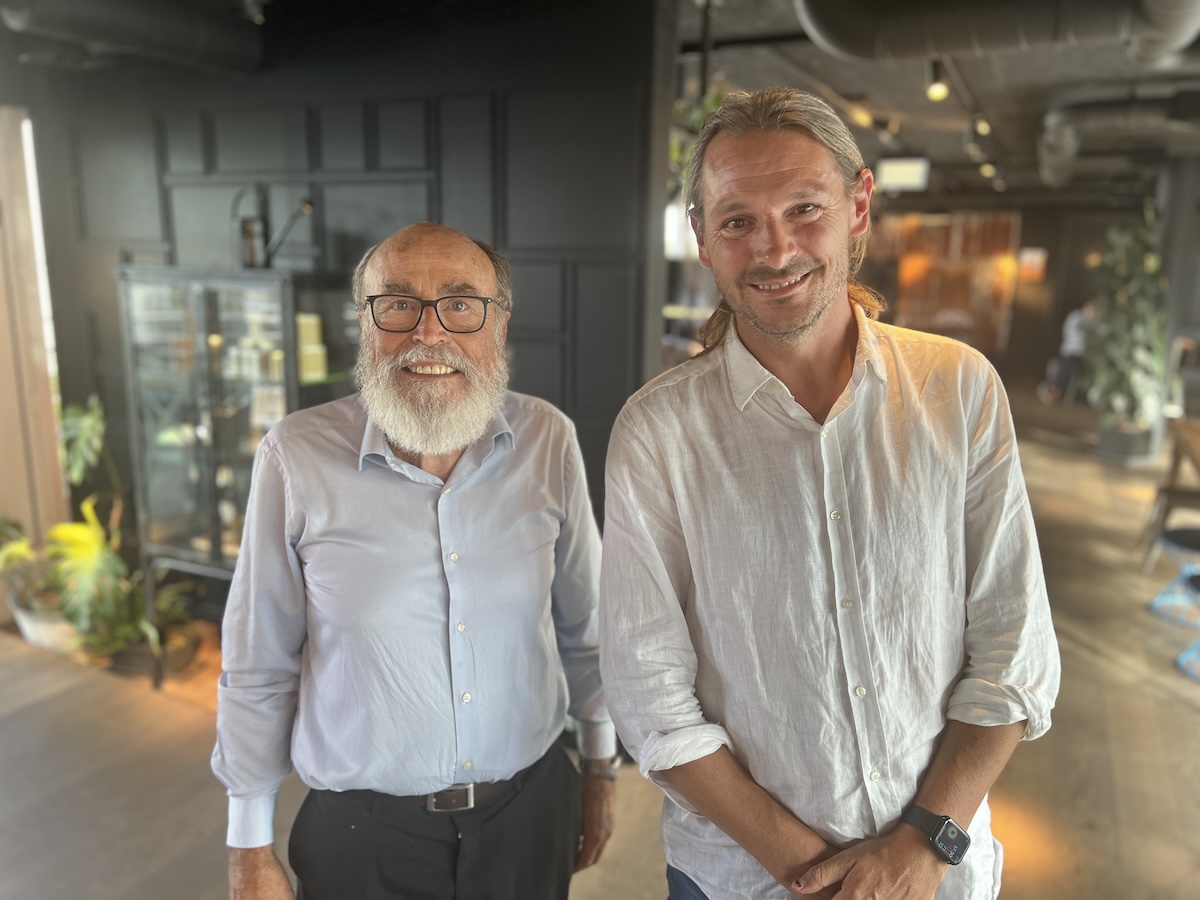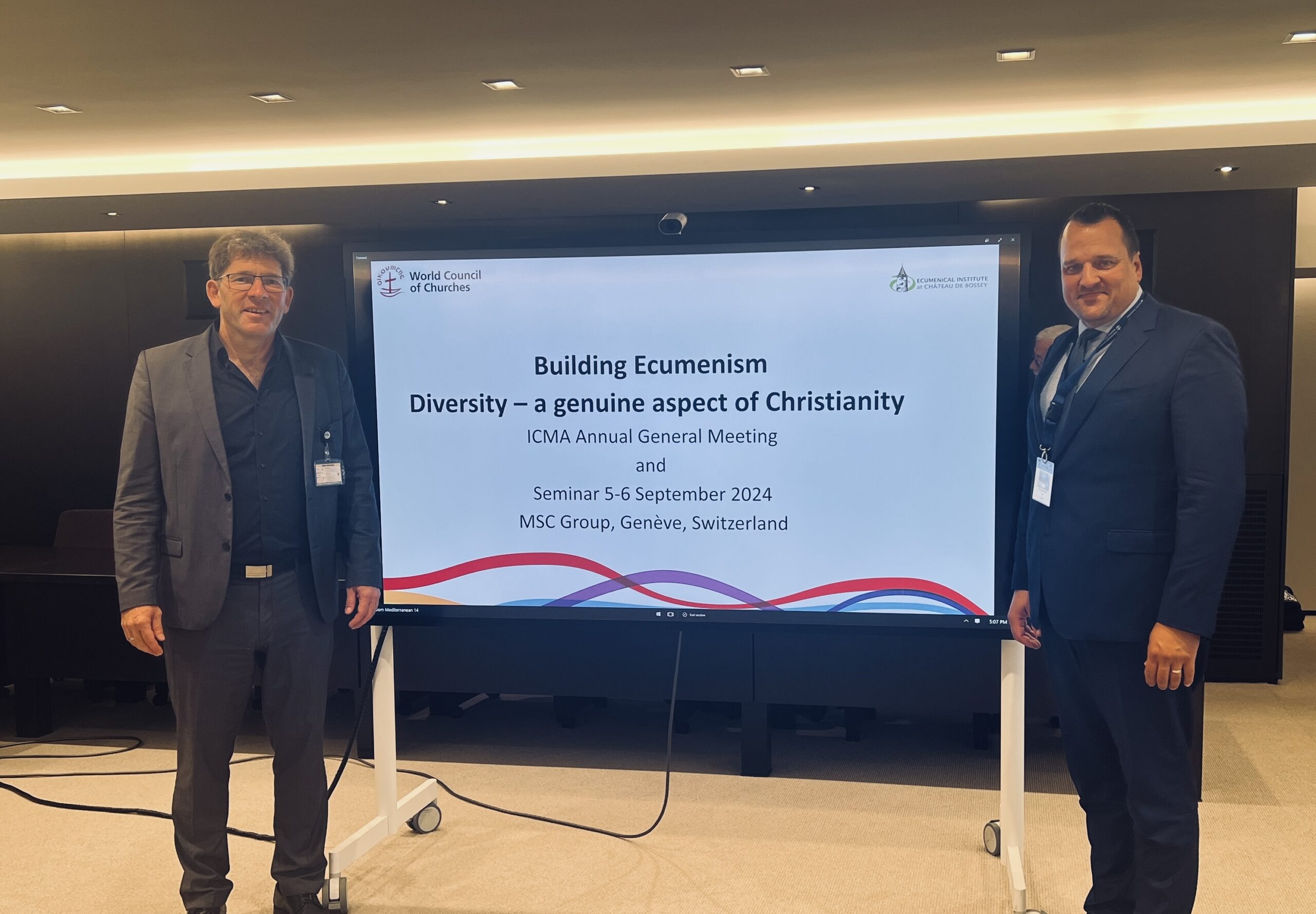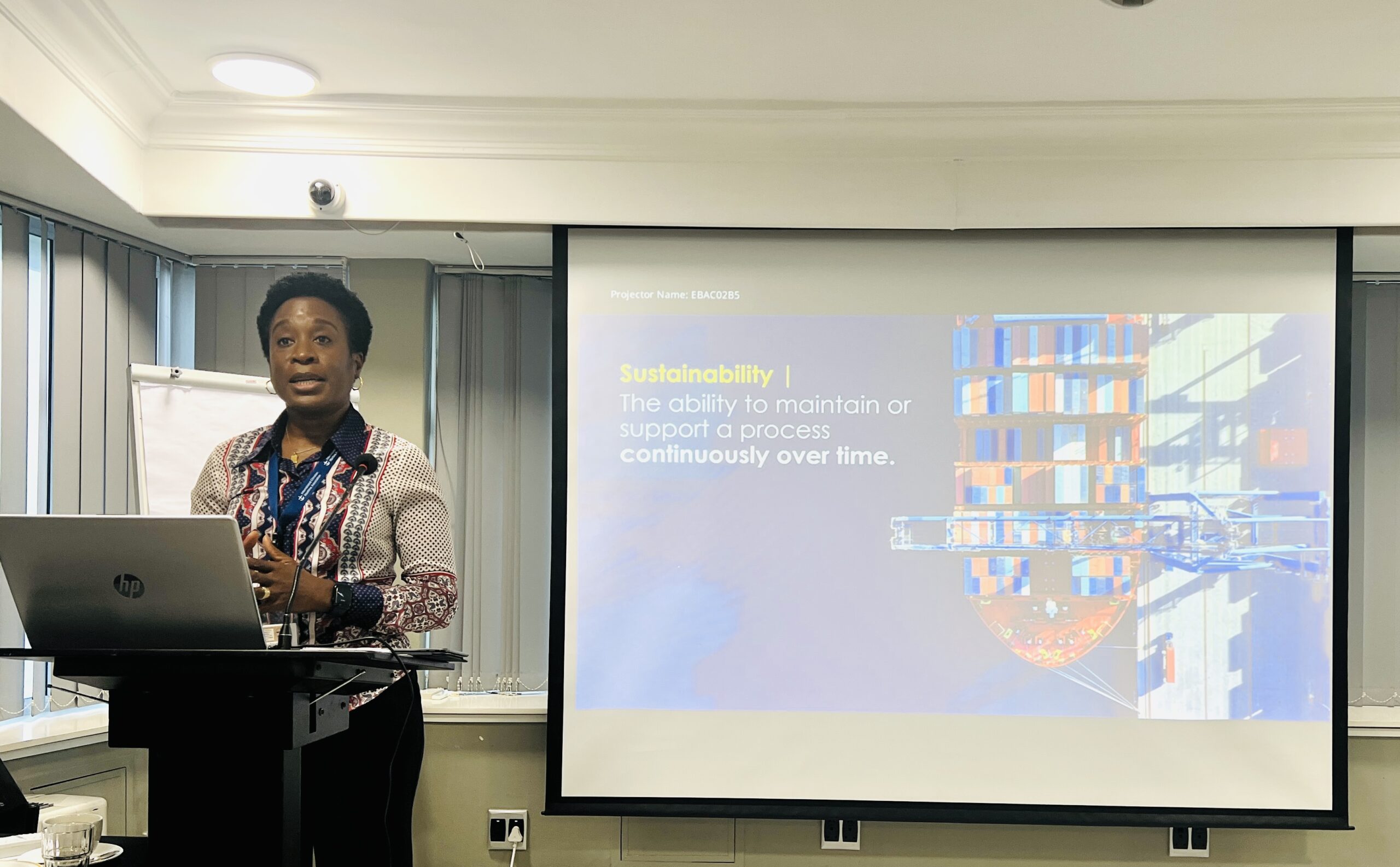Review by Jason Zuidema, NAMMA
Wendy Cadge. Spiritual Care: The Everyday Work of Chaplains. Oxford, 2023. 232pp.
Wendy Cadge, Professor at Brandeis University and Founder of the Chaplaincy Innovation Lab, wrote this book to understand who chaplains are, what they do, and how that work is connected to the settings in which they work. Her research for the book focuses on chaplaincy in the Boston area, but can be used to describe the work of chaplaincy more generally. The book is based on archival research, interviews and shadowing chaplains as they did their work.
As she explains, chaplains are not always well-known in general, but they are found in many settings: “Required in the military, federal prisons, and Veterans Administration medical centers, chaplains also work in two-thirds of hospitals, most hospices, many institutions of higher education, and a growing range of other settings.”(3) Public knowledge of chaplaincy work grew especially in the pandemic.(4)
Cadge explains that the term ‘chaplain’ has a wide-range of meanings: “in practice, ‘chaplain’ is a flexible term and the people using it are quite distinct from one another.”(51) The wide range in the term is seen in the work of chaplains, “The work chaplains do, like the paths that brought them to it, is varied and often improvisational.”(71)
Rev. Stephen Cushing of the New England Seafarers’ Mission was among the chaplains that Cadge shadowed. She mentions port chaplains at several junctures throughout the book and includes NESM as one case study for sustained comment on pp. 130-133. However, she also noted in her conclusion that shadowing a port chaplain on a ship visit was one “particularly painful incident” in which the chaplain was served food but offered “little in return.”(160).
Cadge’s book is especially welcome to let chaplains describe themselves and their work, without putting it into a legal or traditional box. So often this type of book puts special or exclusive emphasis on healthcare and military chaplains. Cadge explains that her work is not a legal study, but one that offers “a companion analysis of who is doing the work of chaplaincy, what that work is, and how it connects to local religious ecologies.”(11)
Though Cadge lets chaplains speak for themselves, she does have a message for chaplains. In her conclusion, she states, “Looking forward, I encourage chaplains doing the gentle and supportive work to claim their places at the table and how they respond to our struggling world. While chaplains have often been there, they are frequently overlooked, and need to (loudly) name their presence in the in-between and see it as a strength rather than a weakness.”(160) Port chaplains, no doubt, are often caught in the predicament of “sea blindness.” As seafarers themselves are hidden, so also the chaplains who work with them.
Overall, I recommend strongly the book of Wendy Cadge. Though its focus on Boston alone might seem like a limitation, I felt it grounded the book in ways that a study trying to capture chaplaincy experience across the United States or internationally would lose.




